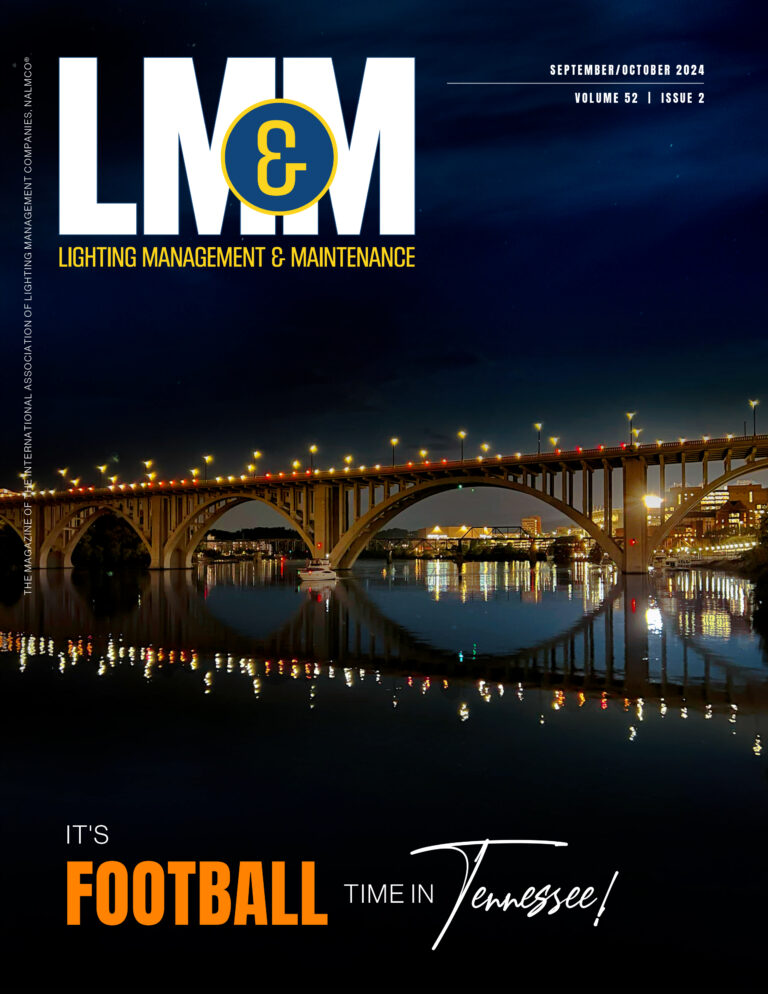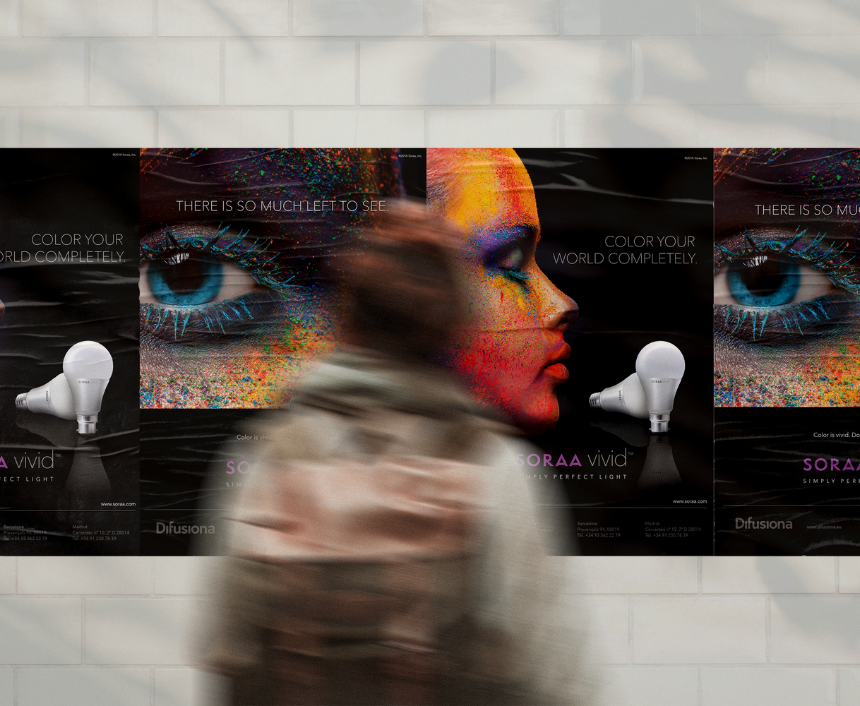As a seasoned marketing agency working with many global built environment brands, AMBI is pleased to share its key insights and trends in the current landscape of the lighting industry. Midway through 2024, numerous industry-leading lighting brands are working to craft their unique identities. In this dynamic environment, AMBI presents the key differentiators and points of discourse that have emerged through its extensive work with its roster of esteemed clients.

Trend 1: With Sustainability, Actions Speak Stronger than Slogans and Certifications.
While many lighting brands discuss their sustainability efforts, very few embody it. As many brands flood the market offering claims about specific sustainable parts or eco-friendly packaging, the brands that can expect to outpace the competition are the ones who are actively making strides toward holistically sustainable practices.
It’s not just the lighting industry—across built environment brands, we’re seeing an enormous influx of green products and practices in the global market. This trend is sure to gain even more momentum as technology progresses, legislation changes, and environmental consciousness amplifies, so brands should consider tackling this trend in a way that’s proactive rather than reactive. Allocating funds to internal R&D and advancing toward products and practices that are fully sustainable is one of the best ways to avoid “greenwashing” and falsely advertising a brand as sustainable.
Trend 2: The Growth of Integrated Spaces and Technologies
Integrated spaces refer to environments that are carefully designed to adapt to human needs, emphasizing elements including productivity, wellness, and comfort. Looking at recent innovations in lighting controls, luminaires, and technologies, human-centered design is a prominent area of focus for the majority of our clients.
The realm of integrated spaces is incredibly diverse, and many of our clients boast products or technologies that contribute to this sphere of the built environment. Products like occupancy sensors, melanopic (circadian) lighting, task-tuning lighting controls, daylight harvesting systems, biometric sensors, wireless mesh networks, integrated building management systems (BMS), and much more contribute to the human experience in a space.
Overall, the trend towards integrated spaces in the lighting industry underscores a growing emphasis on human-centric design principles, enabling lighting to play a key role in shaping environments that promote productivity and well-being.
Trend 3: Blending Nature with Light
In the interior design and architecture sphere, we’ve observed a notable shift towards creating spaces that fuse the natural world with architectural elements through the strategic use of lighting. This trend seeks to blur the boundaries between indoor and outdoor environments, fostering a sense of harmony within man-made spaces.
A key aspect of this approach to design lies in the careful selection and placement of luminaires within a space. Wall washes have emerged as a favored technique with designers for their ability to softly accentuate spaces with light without drawing attention to the fixture itself, seamlessly contributing to the overall look, feel, and aesthetic of a space. Additionally, micro-optic fixtures have gained prominence with their precise and versatile illumination capabilities. Whether to illuminate an art piece, accentuate pathways, or emphasize architectural details, these fixtures are both discreet and effective.
By seamlessly integrating these kinds of lighting solutions into a space, designers can create environments that enrich the human experience in a way that feels authentic and natural.
Trend 4: Embracing Architecturally Forward Lighting
In sharp contrast to the prior trend of discreet lighting, architecturally forward lighting is also taking its turn in the spotlight. In contemporary design, there’s a notable emphasis on lighting fixtures that not only fulfill a purpose but also serve as an aesthetic focal point within a space.
Aesthetically driven lighting brands are pioneering this movement, pushing the boundaries of design to create pieces that elevate the ambiance of any environment. What we’ve seen is that this trend isn’t just limited to luxury lighting brands—even value-driven brands are recognizing the demand for visually pleasing lighting fixtures that combine functionality with style and offering product lines that fulfill this intent.
With a focus on unique designs, tech-forward materials, and customizable designs, architecturally-forward pieces are redefining the role of contemporary design and transforming ordinary spaces into unforgettable ones.
Trend 5: Striking a Balance Between Price, Progress, and Policy
In the lighting industry, achieving that delicate balance between meeting competitive price points and progressive legislation is paramount. As governments worldwide enact new regulations and standards to reduce energy consumption and carbon emissions, lighting designers and manufacturers face the challenge of developing products that meet these requirements and remain economically viable for customers.
This ever-changing regulatory environment has been an important driver in the adoption of energy-efficient technologies, pushing the lighting industry towards more sustainable practices. However, many brands feel the pressure of navigating a competitive market where pricing is essential to meeting the demands of specifiers and key decision-making customers. Finding this equilibrium between compliance, affordability, and innovation is increasingly critical for brands looking to remain at the forefront of the lighting industry.
In Conclusion…
As the industry continues to evolve, it becomes increasingly essential for lighting brands to stay on top of these trends and effectively communicate their brands’ alignment with them to their target customers. At AMBI, we specialize in empowering built environment brands to do just that, ensuring their messaging and marketing resonate with customers who value sustainability, innovation, and product design. To elevate marketing efforts or to learn more about opportunities with AMBI’s expert team of creatives and strategists, visit www.ambi.is.




